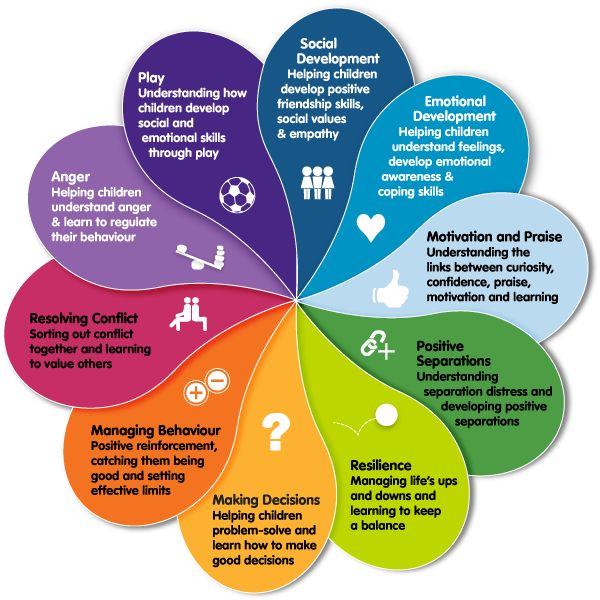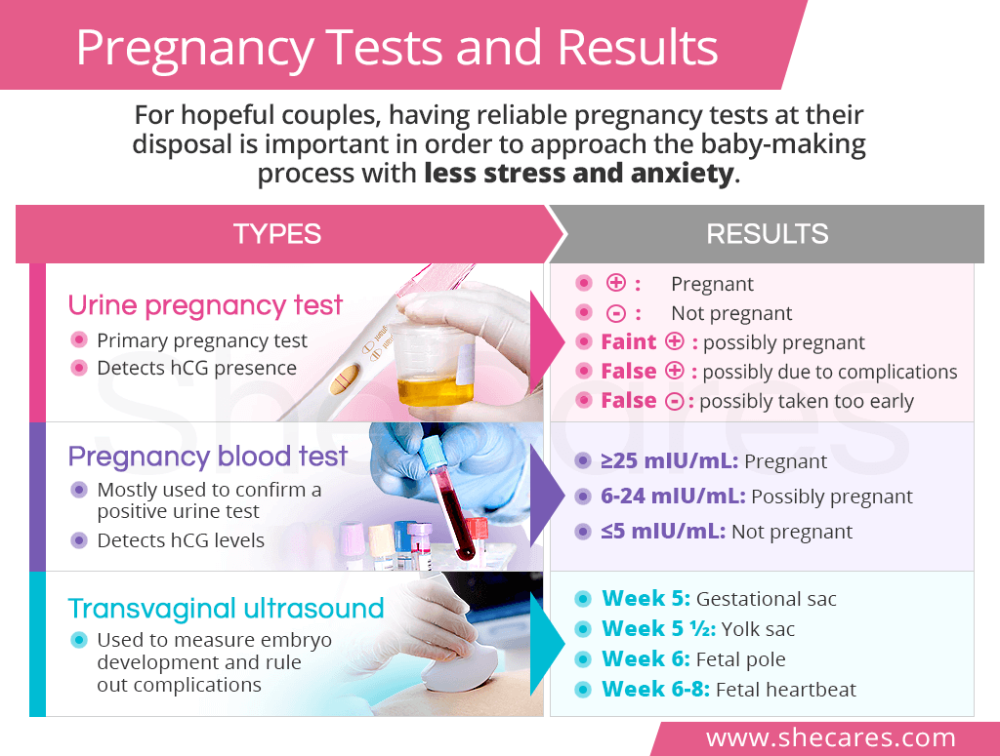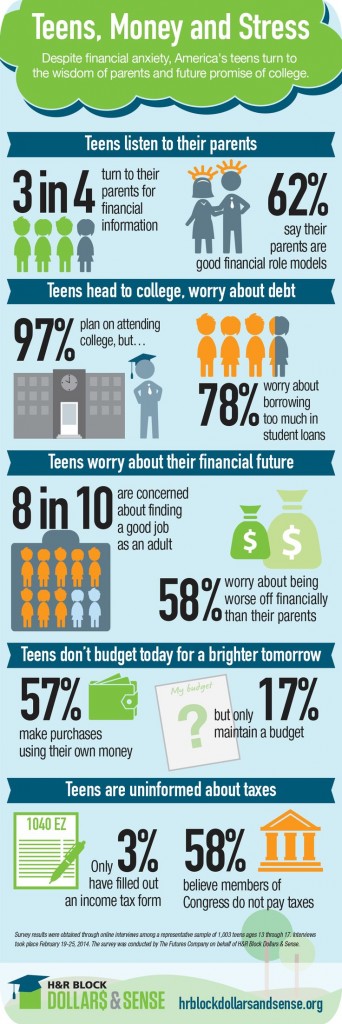How old before a child can decide what parent to live with
Florida Child Custody Proceedings and How Children's Preferences May Affect the Outcome
In the state of Florida, a child's preference may affect which parent gets custody - in other words, where the child/children may live. If you are divorcing and have young children, either parents or the court determines custody. However, children who are a bit older may have a voice in determining this issue. Unlike many other states, there is no set age at which a child may choose which parent he/she wants to live with.
What are some of the factors that judges consider when determining child custody issues?
When parents who are separating or divorcing cannot come to an agreement regarding how to divide visitation or parenting time, the judge generally makes this decision based on the factors below, along with what is in the child's best interest.
- The mental/physical health of each parent
- The length of time a child/children have lived at a current residence
- Each parent's fitness in terms of morals
- How willing each parent is in terms of keeping the other parent informed of children's activities and interest, honoring a time-sharing schedule, encouraging strong relationship with other parent, and more
- How willing each parent is to place the child/children's needs over their own desires
- The child's history in terms of home, school, and community
- The ability of each parent to meet the developmental needs of the children
- The ability of each parent to provide children with a consistent or regular routine in terms of meals, bedtime, homework, etc.
- Whether there is evidence in either parent's home of drug use, violence, neglect, or abuse
- Depending on the child's intelligence and maturity, the child's preference as to which parent he/she will live with
When is a Child's Preference Considered by the Court?
In most states, a specific age (such as 14) is set when a child's preference of which parent he/she wants to live with is considered by the court. This is not the case in Florida, as there is no particular age set and the decision is left up to the judge's discretion. However, most judges will take into account a child's preference around the age of 12 or 13, along with other factors such as the child's intelligence, maturity, child's experiences with each parent and whether the child understands the decision being made.
Some children are more mature and capable of making important decisions than others at a younger age. While in most cases a 10 or 11 year old would be considered too young to make a decision on which parent to live with, there have been cases in which a judge felt an 11-year-old unusually articulate and intelligent.
In addition, the judge will take into account factors such as if a child may be choosing to live with a parent out of rebellion against the parent who currently has custody. The court must also determine if one parent may be trying to influence the opinion of the child. In the end, the judge will consider all factors mentioned above, along with the child's preference of which parent to live with although the decision is not typically based solely on the child's opinion.
If you have questions regarding child custody, contact the Orlando family law attorneys at Adams & Luka today. We understand you have many questions, and will work to provide you with the answers and legal guidance you need.
Can a child decide custody? Data & age rules by U.S. state
November 17, 2020 — Many separating parents mistakenly think their child can choose whom to live with.
In reality, Georgia is the only U.S. state that lets a child choose who takes physical custody of them. Even then, the child must be 14 or older, and their choice must be approved by a judge.
Even then, the child must be 14 or older, and their choice must be approved by a judge.
Thirteen states don't have statutes requiring a judge to consider a child's preference when deciding custody. All other states (plus Washington, D.C.) do; judges there must take the views of mature children into account.
Download high resolution map: PNG | JPG Use image with attribution
These findings come from an analysis of current state statutes by Custody X Change, which offers parents a web app for managing custody via parenting plans, calendars, expense tracking and more. (Scroll to end for full state-by-state data.)
"If you go to court over custody, you need to understand your state's approach to many topics, including a child's right to share their opinion," said Ben Coltrin, Custody X Change co-founder and president. "There's debate over what's more important: letting a child have a say or shielding them from parental disputes. How your state and judge view the issue will affect your case. "
"
"There's debate over what's more important: letting a child have a say or shielding them from parental disputes."
-Ben Coltrin, Custody X Change president
It's important to note that most custody decisions are made by parents in settlement agreements; these parents can consider their child's opinion however they want. When parents can't reach agreement, then a judge decides what custody arrangement would serve the child's best interests.
Once the court issues a custody order, the child must comply. This means your son or daughter cannot refuse to see a parent who has been awarded custody or visitation time.
How old must a child be to weigh in?
All states allow judges to consider the preference of a child in a custody case, as long as the child is sufficiently mature. And, as we saw above, a large portion of states require judges to take a mature child's opinion into account.
So when is a child mature? Most states don't set a specific age, instead letting judges decide case by case.
When statutes do cite an age, 14 is most common. Three states (California, New Mexico and West Virginia) presume children 14 and older are sufficiently mature, while two (Indiana and Utah) give extra weight to the opinions of kids in this range.
Another four states (Mississippi, Oklahoma, Tennessee and Texas) presume children 12 and up are mature enough to form a preference worth examining.
Georgia law sets the youngest age. It says children 11 and up can share their thoughts with the court. (And, remember, Georgia kids at least 14 years old can choose which parent to live with, although a judge can override the choice if necessary.)
All these states give judges leeway to hear from younger children who seem particularly mature.
Download high resolution graph: PNG | JPG Use image with attribution
Overall, the older a child is, the more impact their wishes have on their custody case.
If your child is at least 14, a judge in any state is likely to hear what they have to say.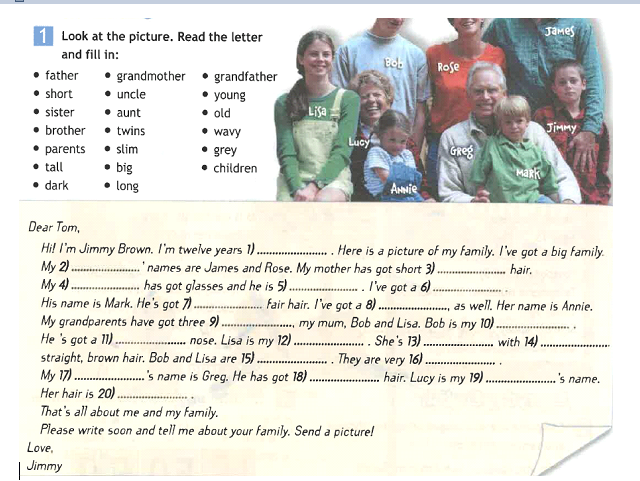 On the other hand, a child in the single digits probably won't get to weigh in. Children between these two groups fall in a gray area, and whether they can provide input depends on their state, judge and maturity level.
On the other hand, a child in the single digits probably won't get to weigh in. Children between these two groups fall in a gray area, and whether they can provide input depends on their state, judge and maturity level.
Nationwide, children 14 and above can usually weigh in on custody rulings. Children 9 and under usually can't. The rest fall in a gray area.
How a child's opinion fits into the big picture
A judge never has to award custody according to a child's wishes. Other factors — such as each parent's criminal history and bond with the child — always come into play.
In addition, a judge tries to assess whether a child's preference for one parent is due to persuasion or leniency by that parent, which would give the preference less validity from the court's perspective.
For example, a 15-year-old may not get to live with her mom as she wishes if evidence shows the mother lets her drive without a license. In contrast, a 12-year-old with concrete reasons for preferring a suitable parent could have considerable influence on a judge's ruling.
How kids share their opinions
Children typically do not testify about their preferences in court because the experience can be emotional and frightening.
Instead, they usually share their thoughts in conversation with the judge, a custody evaluator or someone appointed by the court to represent their interests (like a guardian ad litem). In Georgia, a child who's at least 11 can turn in a written affidavit.
Interviews with the judge take place in the judge's office and are thus known as in-chambers or in-camera hearings. Generally, a court reporter and the child's legal representative attend. Sometimes the parents' lawyers are also allowed in but not the parents themselves.
Some judges ask the child directly whom they'd like to live with, while others only ask related questions like, "What do you do for fun with your mom?" In certain states, both parents must consent before the child may speak with a judge. Other factors that vary include whether parents can suggest questions for the interview and whether they can read the transcript.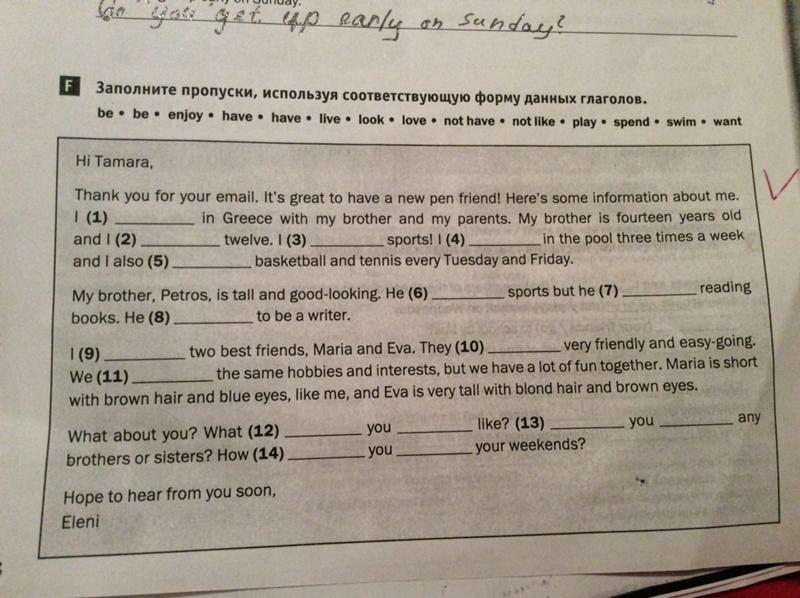
State-by-state data
| State | Judge must consider a mature child's opinion? | Age guidelines in the law |
| Alabama | Yes | |
| Alaska | Yes | |
| Arizona | Yes | |
| Arkansas | No | |
| California | Yes | A child 14 or older gets to address the court, unless the court determines it's not in the child's best interest. A child under 14 also gets to address the court if it's in their best interest. |
| Colorado | Yes | |
| Connecticut | No | |
| Delaware | Yes | |
| Florida | No | |
| Georgia | Yes | A child 14 or older has the right to select which parent they live with, unless a judge finds the selected parent does not serve the child's best interests. The judge considers the desires of a child at least 11 but not yet 14. |
| Hawaii | Yes | |
| Idaho | No | |
| Illinois | Yes | |
| Indiana | Yes | The court considers the wishes of the child, with more consideration given if the child is at least 14.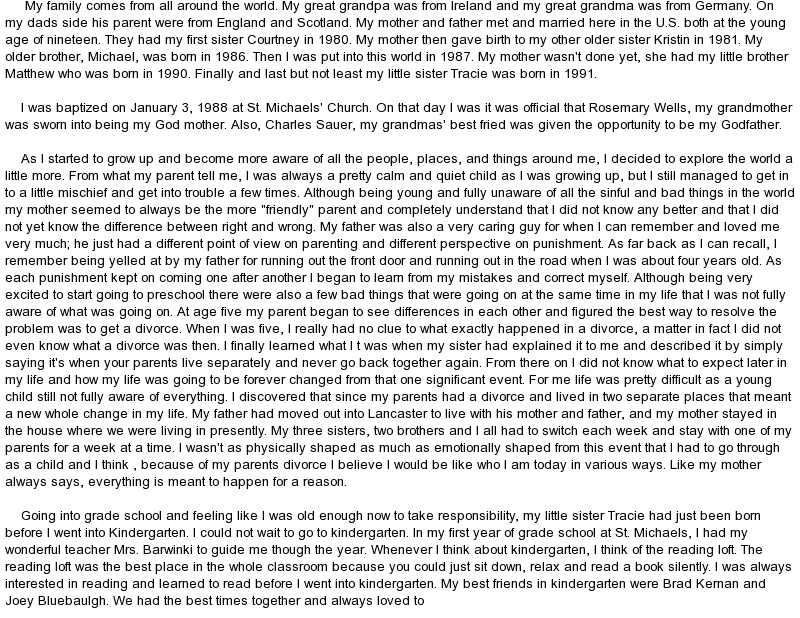 |
| Iowa | Yes | |
| Kansas | Yes | |
| Kentucky | Yes | |
| Louisiana | Yes | |
| Maine | Yes | |
| Maryland | Yes | |
| Massachusetts | Yes | |
| Michigan | Yes | |
| Minnesota | Yes | |
| Mississippi | Yes | If the court considers both parents fit to have custody, the chancellor (judge) may consider the preference of a child 12 or older. |
| Missouri | Yes | |
| Montana | No | |
| Nebraska | Yes | |
| Nevada | Yes | |
| New Hampshire | No | |
| New Jersey | Yes | |
| New Mexico | Yes | If the child is 14 or older, the court considers their desires. If the child is under 14, the court decides custody per the child's best interests, considering factors like the child's wishes. |
| New York | No | |
| North Carolina | No | |
| North Dakota | Yes | |
| Ohio | No | |
| Oklahoma | Yes | The child gets to express a preference if the court finds this is in the child's best interest. The court considers the preference if the child is old enough to form an intelligent opinion. There's a presumption a child 12 or above is old enough. |
| Oregon | Yes | |
| Pennsylvania | Yes | |
| Rhode Island | Yes | |
| South Carolina | Yes | |
| South Dakota | No | |
| Tennessee | Yes | The court considers the reasonable preference of a child 12 or older. The court may hear the preference of a younger child. An older child's preference is normally given greater weight. |
| Texas | Yes | A child 12 or older gets to speak with the court in private. A child under 12 may get to. A child under 12 may get to. |
| Utah | No | The court may consider the wishes of the child, considering the child's maturity. The desires of a child 14 or older get added weight. |
| Vermont | No | |
| Virginia | Yes | |
| Washington | Yes | |
| Washington, D.C. | Yes | |
| West Virginia | Yes | The court accommodates the preferences of a child 14 or older, if it's in the child's best interests. It also accommodates the preferences of a younger child mature enough to express an opinion, as long as this is in the child's best interests. |
| Wisconsin | Yes | |
| Wyoming | No |
Who will the child live with...
Ekaterina Zadorozhnaya
Lawyer of the Voronezh Regional Bar Association
February 15, 2021
Tips
Pay attention to the date of publication of the material: the information may be outdated due to changes in legislation or law enforcement practice.
If he decides to leave home before the age of 18, or if his parents get divorced and cannot agree on his place of residence?
With which parent will the child stay after the divorce?
The law determines the place of residence of children with their parents. When the parents live together, the child lives with them, when separated - with one of them. With whom exactly - the parents themselves or the court should decide if the parents cannot or do not want to agree. At the same time, a child over 10 years old can express their opinion on the issue of determining their place of residence. It is taken into account by the court along with other evidence in the case. nine0003
Read also
Child's housing rights
Parents - how to register and remove a child; how to determine the size of the shares in the ownership of an apartment purchased with the involvement of mother capital, and how to sell it; on the transfer of real estate to the child in respect of the fulfillment of maintenance obligations and the involvement of the second parent to participate in additional expenses for the child
December 08, 2020 Tips
When determining the place of residence, the court takes into account: the age of the child; the relationship that exists between each of the parents and the child, his attachment to them, brothers, sisters and other family members; moral and other personal qualities of parents; their occupation and mode of operation; financial and marital status; the opportunity to create conditions for the child's upbringing and development.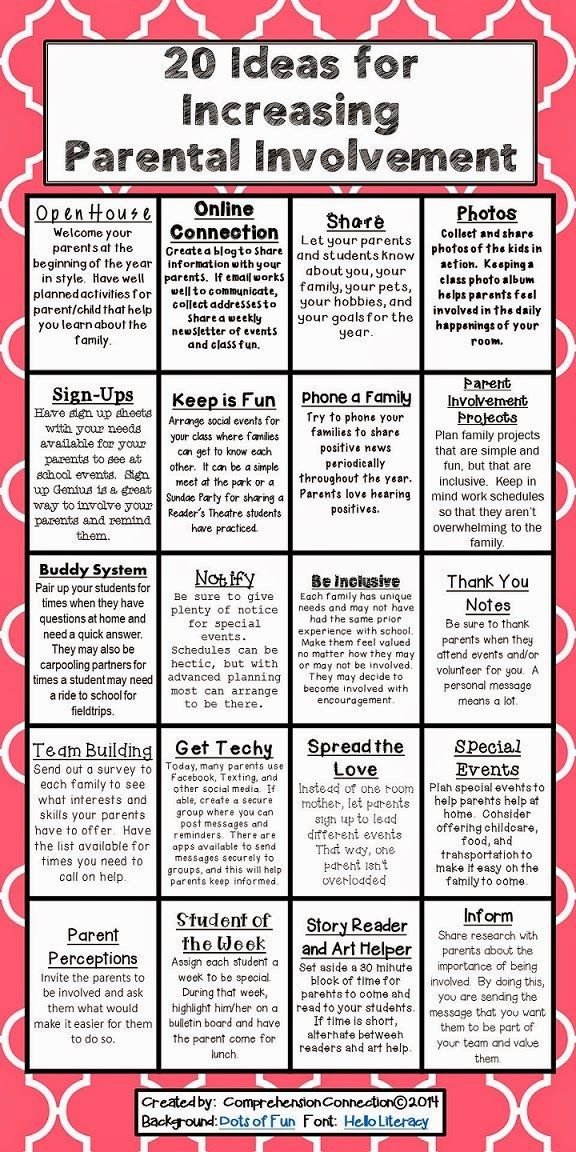 Other circumstances are also taken into account that characterize the situation that has developed in the place of residence of each of the parents 1 .
Other circumstances are also taken into account that characterize the situation that has developed in the place of residence of each of the parents 1 .
It must be borne in mind that in itself the advantage in the material and everyday situation of one of the parents is not an unconditional basis for satisfying his requirements.
(See the discussion "Parental Rights", in which experts talk about changes in family law, as well as litigation regarding the rights of minors, including determining the place of residence of a child in the event of a divorce of parents and the procedure for children to communicate with parents living separately ( a list of materials on the topic is available in the column on the right on the discussion page)). nine0036
What if the teenager no longer wants to live with his family?
The rule on the joint residence of a child with parents strictly works until his 14th birthday. The law does not clearly indicate with whom children over 14 years of age should and can live. But there is a rule that teenagers between the ages of 14 and 18 are still children 2 .
But there is a rule that teenagers between the ages of 14 and 18 are still children 2 .
Children, as mentioned above, have the right to live with their parents or one of them. When a child is under guardianship until the age of 14 or under guardianship after reaching this age, the same rules apply: the child lives with a guardian or guardian. In exceptional cases, when cohabitation with a guardian violates the rights of the child, the law allows them to live separately. The necessary conditions for this are: the age of the child is over 16 years old, the consent of the guardianship and guardianship authority. There is no such option for parents. nine0003
Recently, AG received a letter from a 16-year-old girl who did not want to live with her mother and asked if she had the right to live with her boyfriend.
If a child over 14 years old does not live with his parents, but with another person, then it is he who is responsible for the development and upbringing of a teenager. If these obligations are not fulfilled, the child may be transferred to the care of the guardianship and guardianship authority 3 . In addition, the parents of the child will be able to demand his return from this person in court. Thus, it will be difficult to leave your parents without their consent and live independently. nine0003
If these obligations are not fulfilled, the child may be transferred to the care of the guardianship and guardianship authority 3 . In addition, the parents of the child will be able to demand his return from this person in court. Thus, it will be difficult to leave your parents without their consent and live independently. nine0003
In which case will a teenager still be able to live separately from his parents?
The situation described above changes when the child acquires full legal capacity before the age of 18. In law, this phenomenon is called emancipation. You can get full legal capacity ahead of schedule from the age of 16.
Read also
How can a minor start a professional activity and pay taxes?
The Federal Tax Service recalled that juvenile citizens have the right to carry out activities available to them and become tax payers on professional income. Let's figure out what an entrepreneur under the age of 18 and a minor without IP status needs to conduct professional activities; how to pay taxes and whether they will punish a tax offense
July 03, 2019 Tips
The law specifies two ways of emancipation: the beginning of the labor activity of the child and his marriage.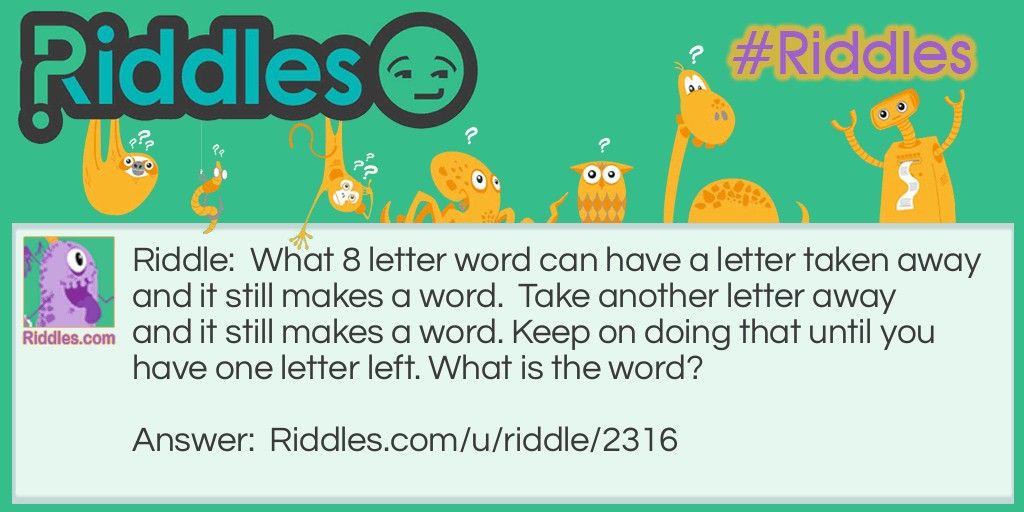 A teenager can work both under an employment contract or contract, and as an entrepreneur, or be self-employed. Marriage between the ages of 16 and 18 is possible only for exceptional reasons with the consent of local authorities. Up to 16 years of age, marriage is allowed to register only in cases that are specified in regional legislation. After marriage, a teenager acquires full legal capacity, and this will remain even if he decides to divorce before adulthood. nine0003
A teenager can work both under an employment contract or contract, and as an entrepreneur, or be self-employed. Marriage between the ages of 16 and 18 is possible only for exceptional reasons with the consent of local authorities. Up to 16 years of age, marriage is allowed to register only in cases that are specified in regional legislation. After marriage, a teenager acquires full legal capacity, and this will remain even if he decides to divorce before adulthood. nine0003
Emancipation is possible by decision of the guardianship and guardianship authority or through the court. In the first case, the consent of both parents is required. If they do not agree, a child over 16 years of age can independently apply to the court with a demand for his emancipation.
As soon as a teenager becomes emancipated, he can independently decide where and with whom he will live. Until then, the child must live with his parents.
1 Clause 5 of the Decree of the Plenum of the Supreme Court of the Russian Federation dated May 27, 1998 No. 10.
10.
2 Article 1 of the Federal Law of July 24, 1998 No. 124-FZ “On Basic Guarantees of the Rights of the Child in the Russian Federation”.
3 Article 68 of the Family Code of the Russian Federation.
See also:
At what age does a child have the right to choose which parent to live with?
Good afternoon! At what age can a child choose which parent to live with? What is the probability that the child will be left with the father? The mother of the child abuses alcohol. Is it possible to pick up the child in this case and how? nine0003
, Zoya, Saratov
joint upbringing of children the right of the child to express his opinion the rights of the child under 14 relations between parents and children what rights the child has the main rights of the child
Tatyana Guseva
Lawyer, 900 Kaliningrad Hello, Zoya. He can choose at the age of 18. In general, parents are obliged to take care of the upbringing of the child and solve the issues of his education, living, provision, and not to shift their responsibilities to the child. nine0003
In general, parents are obliged to take care of the upbringing of the child and solve the issues of his education, living, provision, and not to shift their responsibilities to the child. nine0003
In the event of a dispute, the court is obliged to hear the child from the age of 10 and take into account his opinion. But this does not mean that a ten-year-old, incapacitated baby can determine his own fate. The court is obliged to find out the opinion of the child, and make a decision based on their interests. A child may give preference, for example, to a parent who does not burden himself with his upbringing. And this is clearly contrary to the interests of the child.
You are having a dispute regarding the child's place of residence. Go to court, prove that you can create the best conditions for his upbringing, development, and education. Prove that the mother abuses alcohol. Such a claim can be filed by parents any number of times. Family relationships are constantly undergoing change, which allows you to reconsider the place of residence of the child. nine0003
nine0003
It's not a matter of probability, but of the possibility of proving that the child will be better off with you, that the mother has a bad influence on him, is not engaged in upbringing, and so on. Under such conditions, especially if the child has grown beyond toddlerhood, it is quite possible to leave the child with the father. Hello!
Art. 54 of the Family Code of the Russian Federation, every child has the right to live and be raised in a family, the right to live together with their parents. nine0003
If an agreement is not reached between the parents on the issue of the place of residence of the child, then this dispute will be considered by the court, taking into account many circumstances. The main criterion for determining the place of residence of a child with one of the parents in a judicial proceeding will be the interests of the child himself. On this occasion, the Supreme Court of the Russian Federation, in Resolution of the Presidium of October 27, 1998 No.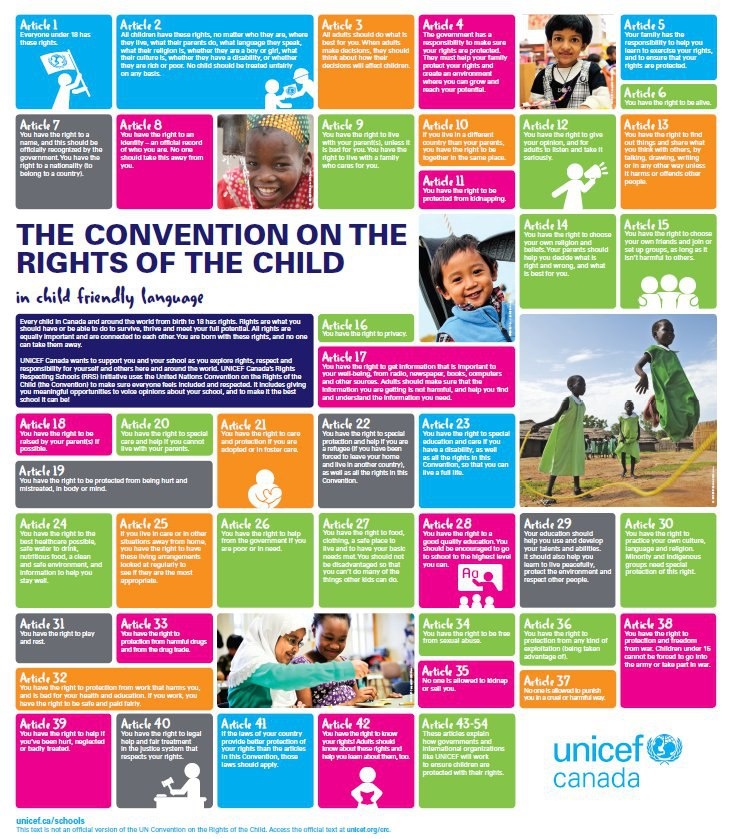 10, determined that the court takes into account the age of the child, his attachment to each of the parents, brothers, sisters and other family members, the moral and other personal qualities of the parents, relationships that exist between each of the parents and the child, the possibility of creating conditions for the child's upbringing and development (taking into account the type of activity and mode of work of the parents, their financial and marital status, bearing in mind that in itself the advantage in the material and everyday situation of one of the parents is not an unconditional basis for satisfying the requirements of this parent), as well as other circumstances that characterize the situation that has developed in the place of residence of each of the parents. nine0003
10, determined that the court takes into account the age of the child, his attachment to each of the parents, brothers, sisters and other family members, the moral and other personal qualities of the parents, relationships that exist between each of the parents and the child, the possibility of creating conditions for the child's upbringing and development (taking into account the type of activity and mode of work of the parents, their financial and marital status, bearing in mind that in itself the advantage in the material and everyday situation of one of the parents is not an unconditional basis for satisfying the requirements of this parent), as well as other circumstances that characterize the situation that has developed in the place of residence of each of the parents. nine0003
Art. 57 of the Family Code of the Russian Federation, the child has the right to express his opinion when resolving any issue in the family concerning his interests, as well as to be heard in the course of any judicial or administrative proceedings. Consideration of the opinion of a child who has reached the age of ten years is mandatory. That is, if a 10-year-old child expresses his desire to live with one of the parents, then the court will take this opinion into account, unless it violates the interests of the child himself (if the parent with whom he wants to stay does not abuse alcohol, does not lead immoral lifestyle and does not create a threat to the life and health of the child) .
Consideration of the opinion of a child who has reached the age of ten years is mandatory. That is, if a 10-year-old child expresses his desire to live with one of the parents, then the court will take this opinion into account, unless it violates the interests of the child himself (if the parent with whom he wants to stay does not abuse alcohol, does not lead immoral lifestyle and does not create a threat to the life and health of the child) .
Moreover, arguments about the financial situation and the presence of a permanent job of the spouse with whom the child will not live are not taken into account by the courts. Because the obligation to support children is assigned to parents by the provisions of Art. 80 of the Family Code of the Russian Federation, and the fact that the child will live with the mother, for example, does not relieve the financially more prosperous father of the obligation to maintain him.
Zoya, if you have any questions, ask, I will be happy to answer. You can also write to me in the chat and order a personal consultation or preparation of a document on your issue. All the best! nine0003
You can also write to me in the chat and order a personal consultation or preparation of a document on your issue. All the best! nine0003
Similar questions
Family law
The questions are: do I need her consent to privatization, can I write her out, and can she sell her share after privatization or register someone ?
Hello, I want to privatize an apartment that was left from my parents, I am registered in it, my children and my sister, who has not lived and paid for 25 years. The questions are: do I need her consent to privatization, can I write her out, and will she be able to sell her share after privatization or register someone? nine0003
, question No. 3552048, Valeria, Moscow
Family law
My name is Yulduz, I am 27 years old mother of three children two girls and one boy they are 8, 5, 3 years old
Hello. My name is Yulduz, I am 27 years old, mother of three children, two girls and one boy, they are 8.5, 3 years old. If I divorce my husband with whom the children will remain, I am very afraid that his parents will not give them to me
My name is Yulduz, I am 27 years old, mother of three children, two girls and one boy, they are 8.5, 3 years old. If I divorce my husband with whom the children will remain, I am very afraid that his parents will not give them to me
, question No. 3552014, Yulduz, Nizhnevartovsk
Civil law
Is there anyone who deals with the age of funds from the casino?
Is there anyone involved in the age of funds from the casino? Through crypto, without prepayments and expenses, are you ready to thank decently and cover the costs after the return? Amount 150,000 thousand dollars
, question No. 3551979, Nikita, Moscow
900 ₽
Family law
What threatens the mother of the child for this?
1. There is a court decision on determining the procedure for communication with the father's child. This decision is worded as follows: "The court determined the following order of communication between the father and the son, namely: from January 4 to January 7. Upon reaching the age of 5 years, annually in the summer at the place of residence of the father, with the possibility of traveling to another place of rest, including outside the Kaliningrad region with prior notice to the child's mother. At the moment, the child has not reached the age of 5, but it became known to me that the father took the child to another region without my permission, and since we live in Kaliningrad, it turns out that he crossed the border with the child. Did he have the right to do so? and if he did not, then how can the father be punished for this? 2. If the child's mother wants to move with the child, is it a violation not to notify the child's father? or the mother writes a letter with a notice to the father of the child at his address, but confuses (quite by accident) the house number. What threatens the mother of the child for this? I would be very grateful for clarifications.
This decision is worded as follows: "The court determined the following order of communication between the father and the son, namely: from January 4 to January 7. Upon reaching the age of 5 years, annually in the summer at the place of residence of the father, with the possibility of traveling to another place of rest, including outside the Kaliningrad region with prior notice to the child's mother. At the moment, the child has not reached the age of 5, but it became known to me that the father took the child to another region without my permission, and since we live in Kaliningrad, it turns out that he crossed the border with the child. Did he have the right to do so? and if he did not, then how can the father be punished for this? 2. If the child's mother wants to move with the child, is it a violation not to notify the child's father? or the mother writes a letter with a notice to the father of the child at his address, but confuses (quite by accident) the house number. What threatens the mother of the child for this? I would be very grateful for clarifications. nine0003
nine0003
, question No. 3551920, Anna, Kaliningrad
Family law
I can’t create my own family in any way, because my parents haunt me and keep my son and my documents
The situation is this. I lived with a young man (father of the child), ~ 9.5 years. My son, Danechka, fell ill, at that time we had nothing to treat, there were some medicines, but they were not enough. We gave the child to my mother. Then everything turned out so that I broke up with this guy. Baby, we agreed to be with my mom for now. In October (October 3, 2022), I met a man, David is his name. We met for a while, then moved together and live to this day. Living with a previous boyfriend, I got into debt, because I had to somehow live, eat, and pay for housing. Since I was pulling everything alone, I paid off some debts that I borrowed from my friends. I didn’t get along with loans, it got to the point that my grandfather helped close them.


